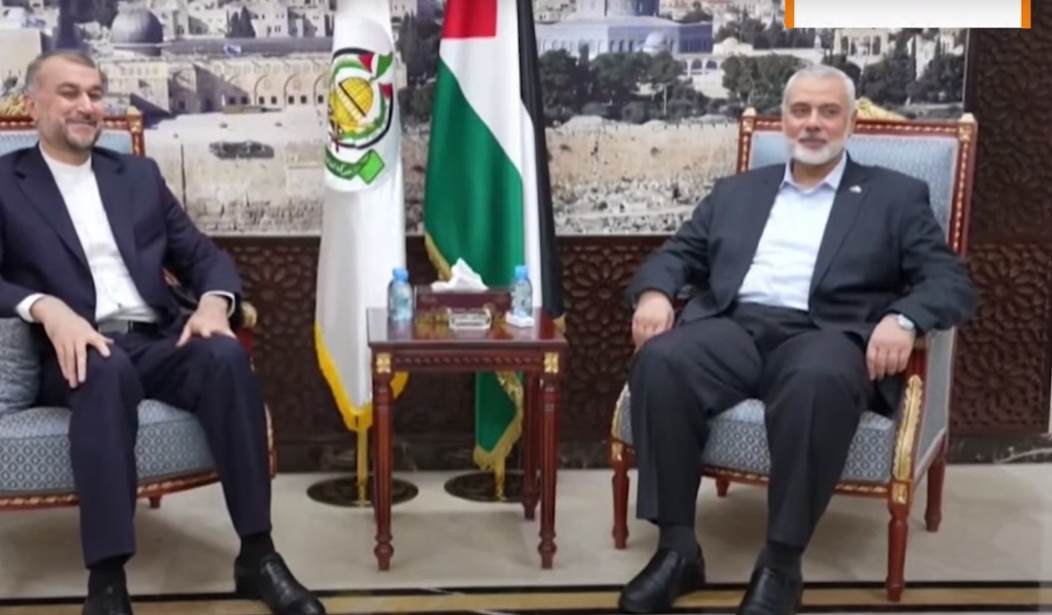Days after Iran launched an attack near a U.S. consulate in Iraq, the regime is threatening further action if Israel continues its war against Hamas in the Gaza Strip. This development could signal further escalation in the region that could broaden the conflict.
While addressing an audience at the World Economic Forum in Davos, Iran’s foreign minister indicated that the regime intends to continue its attacks against U.S. and Israeli targets.
Foreign Minister Hossein Amirabdollahian said the attacks would halt if Israel withdraws its forces. Iran and its proxy terrorist groups have attacked Israeli and U.S. targets more than 100 times since mid-October, threatening to widen Israel's war against Hamas into a regional conflict.
"An end to the genocide in Gaza will lead to an end of military actions and crises in the region," Amirabdollahian said at the World Economic Forum in Davos.
"The security of the Red Sea is tied to the developments in Gaza, and everyone will suffer if Israel's crimes in Gaza do not stop... All the (resistance) fronts will remain active," he added.
The foreign minister’s comments came two days after Iran launched an assault close to the U.S. consulate in Iraq on Monday.
In what is a massive escalation of hostilities in the Middle East, Iran reportedly launched an attack near the U.S. consulate in Northern Iraq on Monday. Several videos have gone viral claiming to show the moment of impact, though confirmation of their authenticity is still being gathered. The consulate was just one of eight different locations targeted, according to sources inside Iraq.
Several explosions were reported near the U.S. Consulate in Erbil, Iraq, an Iraqi security source told ABC News.
The Iranian Revolutionary Guard Corps quickly took responsibility for the attacks, saying it was targeting the "headquarters of spies" and "anti-Iranian terrorist gatherings in parts of the region" with ballistic missiles.
Coalition forces also shot down three drones near Erbil airport in Iraq, the source said
While no U.S. facilities were damaged in the attack, it was still viewed as a significant escalation on Tehran’s part, one that could further threaten stability in the Middle East.
If Iran is serious about its threats to continue its attacks against Israel and the U.S., it could portend a new and dangerous phase in Middle Eastern politics. The regime’s involvement in regional conflicts is nothing new. But the fact that it is directly attacking targets instead of going through Hezbollah or another of its proxies is a significant shift in Iran’s modus operandi. This could result in the Iranian Revolutionary Guard Corps (IRGC), in conjunction with Hezbollah, becoming more aggressive.
Indeed, Hezbollah has already been engaging in skirmishes with the Israel Defense Forces (IDF) near the border with Lebanon and has threatened to intensify its efforts against the Jewish state. Given the terrorist group’s military capabilities, it would place Israel in the precarious position of having to fight a multi-front war.
Of course, this could be mere saber-rattling on Iran’s part. But if it isn’t, then the Middle East could be in for some troubling times ahead.

